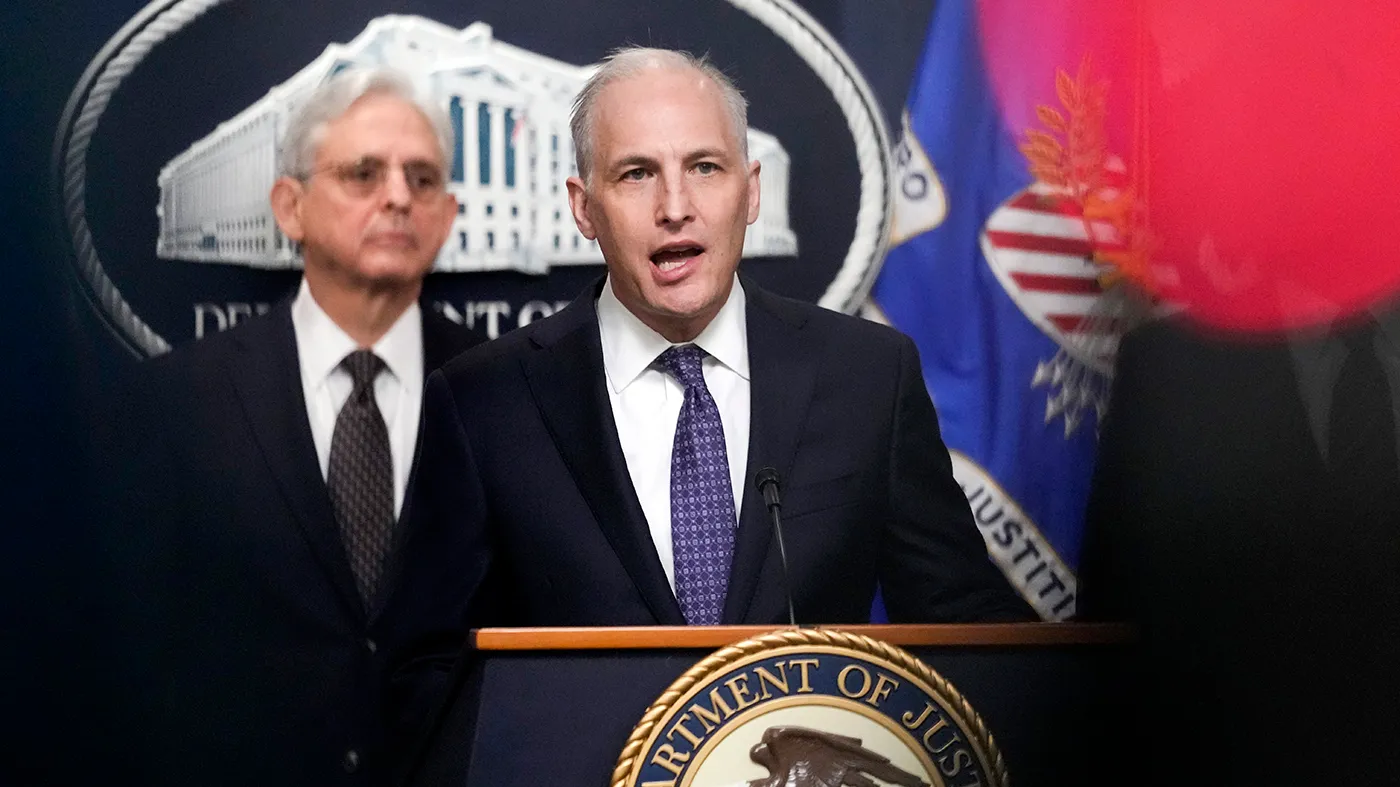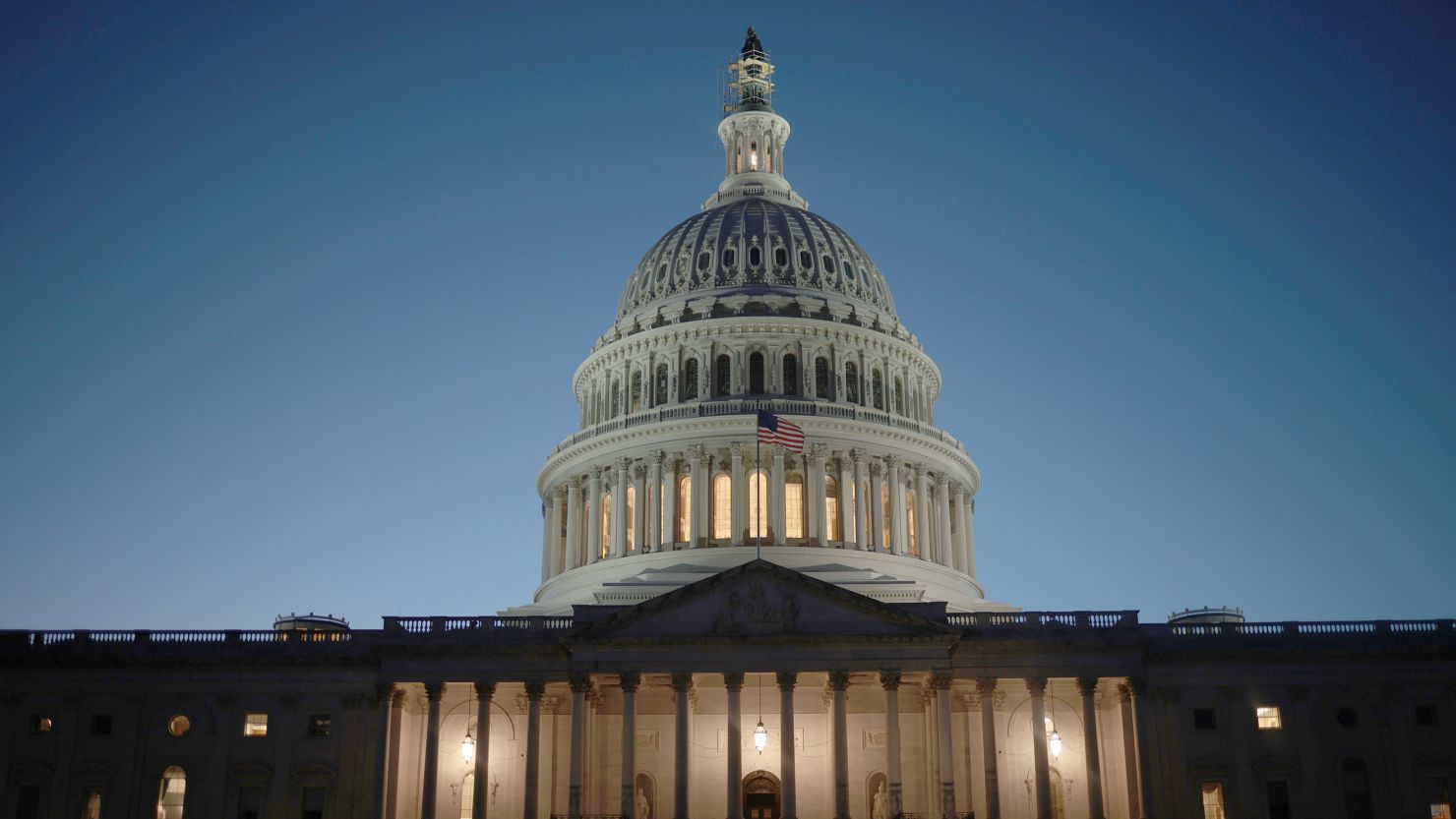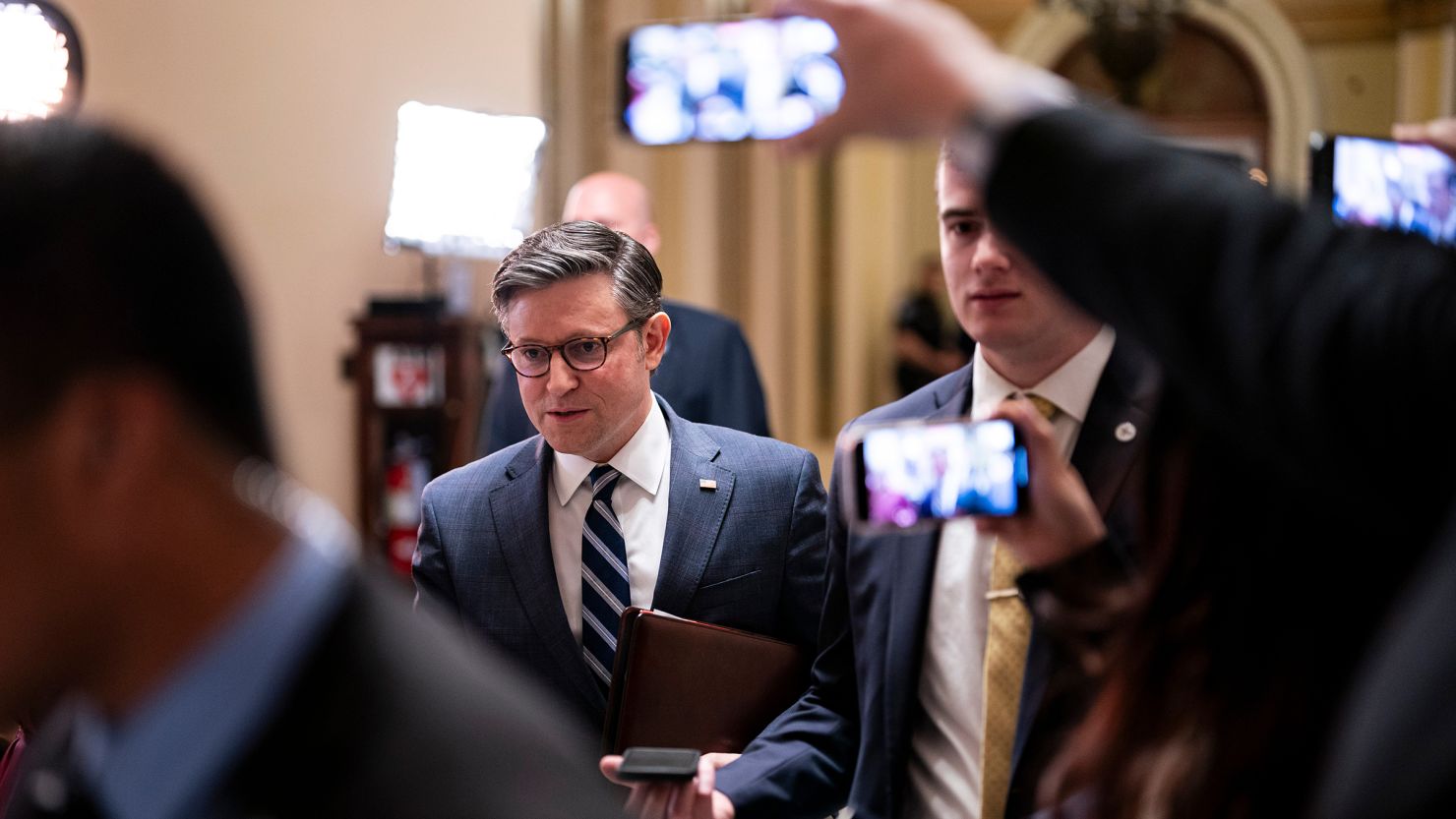In a significant legislative move, the U.S. House of Representatives has voted to extend Section 702 of the Foreign Intelligence Surveillance Act (FISA). This law permits warrantless surveillance of foreign nationals outside the U.S., but it has also captured communications involving American citizens. The House approved the extension with a vote of 273 to 147.

Trump and Civil Liberties: Clashing Views on Surveillance
The renewal of Section 702 has not come without controversy. Former President Donald Trump has been a vocal opponent, particularly citing his grievances on social media, claiming, “KILL FISA, IT WAS ILLEGALLY USED AGAINST ME, AND MANY OTHERS. THEY SPIED ON MY CAMPAIGN!!!”
His opposition reflects a broader discomfort among some Republicans and civil liberty groups, who argue that the law infringes on privacy rights.
House votes to reapprove law allowing warrantless surveillance of US citizens | US politics | The Guardian https://t.co/hQr3xV9v9T
— ArsObKSC (@DereckWDew) April 13, 2024
Political Rifts and the Challenge of Compromise
The path to reauthorization was tumultuous, marked by intra-party conflicts within the Republican ranks. A procedural vote, crucial for bringing the bill to the floor, was initially defeated, showcasing the rifts within the party.
This led to the bill’s duration being shortened from five years to just two, a compromise aimed at placating far-right factions who anticipate changes in presidential leadership.

Surveillance Powers: Necessary Tool or Overreach?
Supporters of the bill, including key figures such as Mike Turner, chair of the House Intelligence Committee, argue that Section 702 is indispensable for national security.
Turner warned that failing to reauthorize the bill would benefit foreign adversaries by weakening U.S. intelligence capabilities. On the other hand, critics highlight abuses, including allegations of the FBI improperly using the law nearly 300,000 times to target domestic protesters and others.
Balancing Act: Security Needs and Civil Rights
The debate over Section 702 encapsulates a fundamental tension between security needs and the protection of civil liberties. Proponents see it as essential for combating international threats, while opponents fear the erosion of privacy rights.
This legislative session has not only highlighted these ongoing debates but has also underscored the challenges of governing in a deeply divided political landscape.

Looking Ahead: US House of Representatives
As the dust settles on this legislative battle, the future of surveillance laws and their impact on both national security and civil liberties remains a contentious topic.
With the law now set to expire in two years, the stage is set for continued debate and possibly significant changes, depending on the political climate and leadership at that time.










